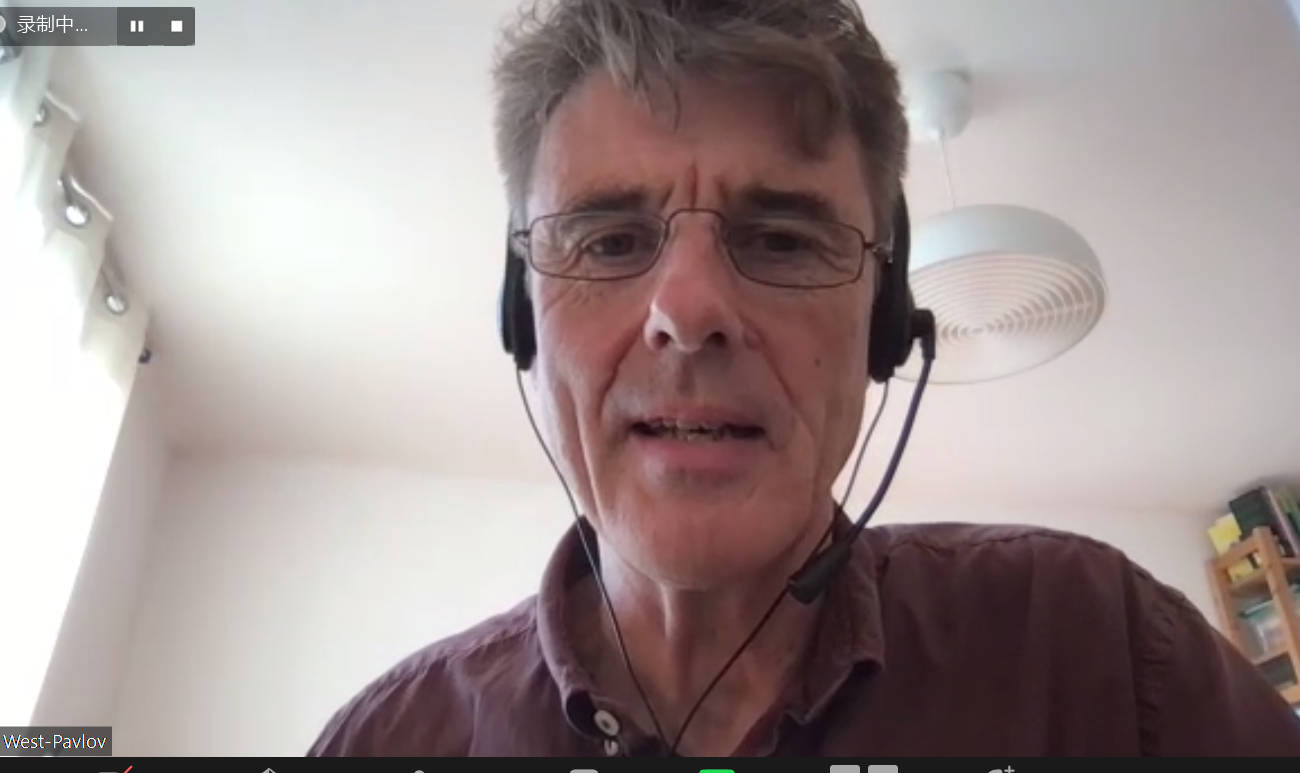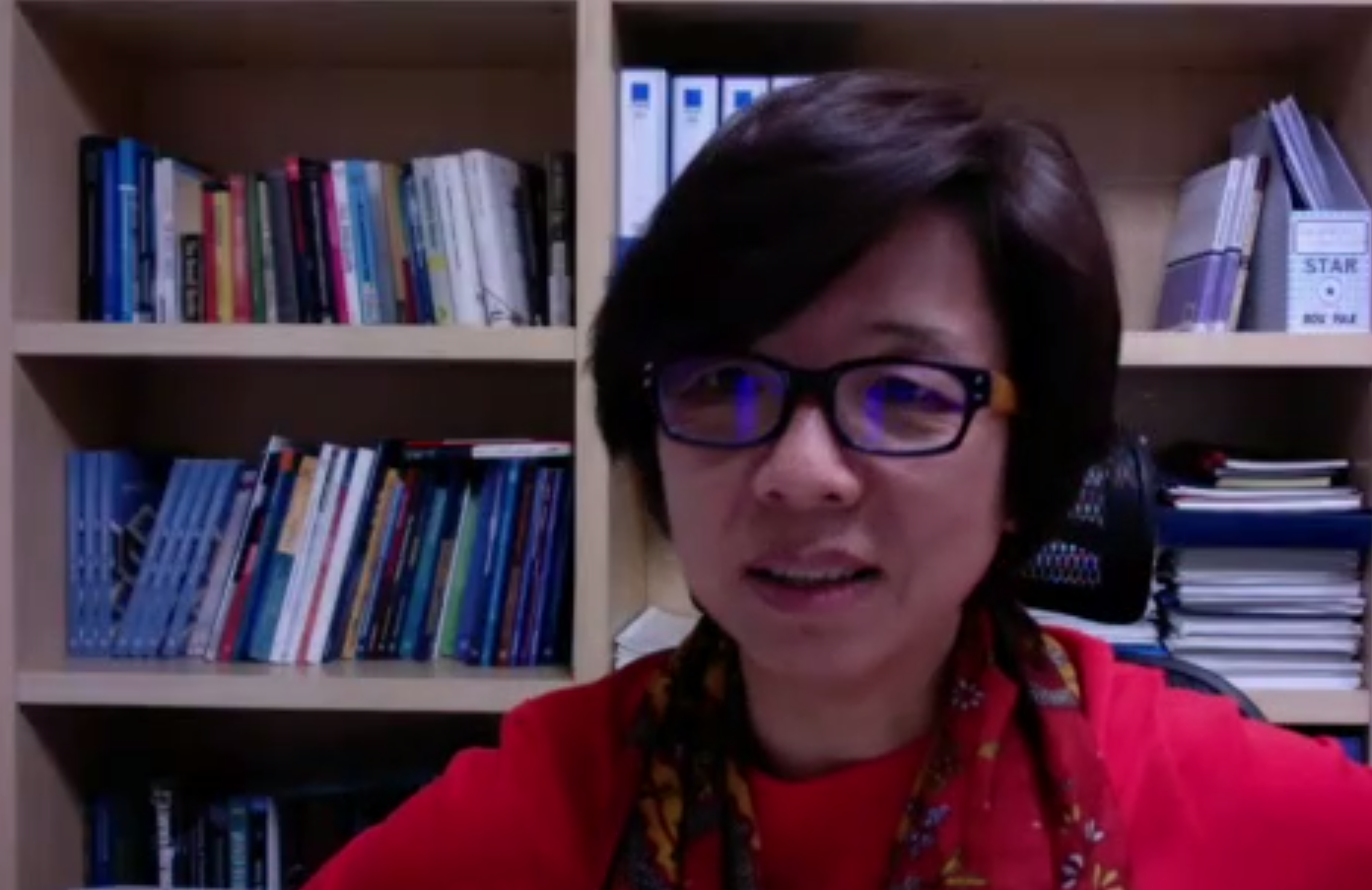The fourth session of the online academic series co-launched by Peking University (PKU), Freie Universität Berlin (FUB) and the University of Tübingen (UT) on area studies was held on December 17, 2021.
Two presenters—Russel West-Pavlov, professor of Anglophone Literatures, UT; and Zhou Yongmei, professor of Practice in Institutional Development and director of Global Partnership, PKU—shared their views on Global South studies by delivering keynote presentations. Prof. Bettina Gransow from UT moderated the online academic session and made closing remarks.

Prof. Pavlov used three questions—"Where is the Global South?" "Where was the Global South?" and "What is the Global South?"—to define what Global South studies entails. According to him, the Global South's boundaries and trends are highly ambiguous, and its institutional foundations are shaky. Prof. Pavlov pointed out that area studies was a remnant of the Cold War that produced knowledge about "regional" or "continental" spheres of influence, but the North-South axis and other Cold War-era concepts and paradigms were expressly eschewed by Global South Studies. In his conclusion, he said that Global South Studies, which include studies of the Indian Ocean, the South Atlantic region, and the Caribbean, should concentrate on lateral relationships, and open up brand-new knowledge axes that had not yet been established but would result from interdisciplinary discussion.

Prof. Zhou Yongmei gave a presentation titled “Governance and Development in the Global South.” She used GDP per capita and Worldwide Governance Indicators (WGI) to measure a country’s development and governance respectively, and suggested ways to improve governance for development from a dynamic conceptual framework. Prof. Zhou noted that three key institutional functions matter for policy effectiveness—that is, their ability to enable commitment, enhance coordination, and induce cooperation. Institutional development needs to address power asymmetries in the policy arena, which can manifest in exclusion, capture, and clientelism. She also expressed her view that changes in the policy arena could expand the set of implementable policies. Elites, citizens, and international actors could reshape the policy arena by changing incentives, reshaping preferences, and increasing the contestability of the decision process.
After the keynote presentations, both speakers answered questions from the audience, followed by closing remarks made by Prof. Bettina Gransow.


